HOUSEPLANTS FOR WINTER
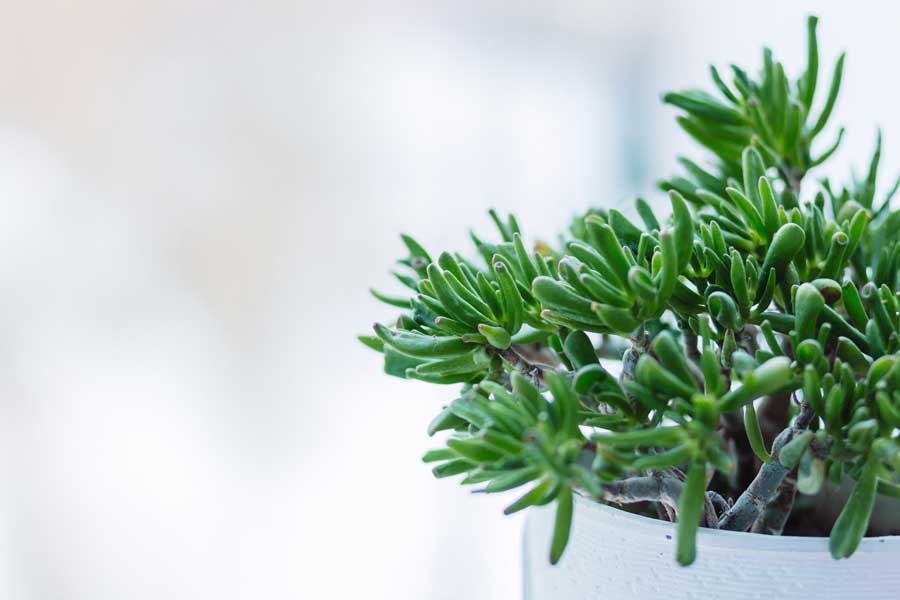
Once winter sets in, many people are ready to head to warmer climates. If you have houseplants, this can be a problem. Plant-sitters can be a solution but competent ones are scarce. Taking your plants with you doesn't seem practical and returning to ailing or dead plants can be very depressing. Traditionally, the idea was to choose houseplants that bloom, even sparsely, during the shorter days of sunlight. Eventually plants became focal points in the decor. For a gardener, the "permanent botanicals" may not be tolerated. What to do?
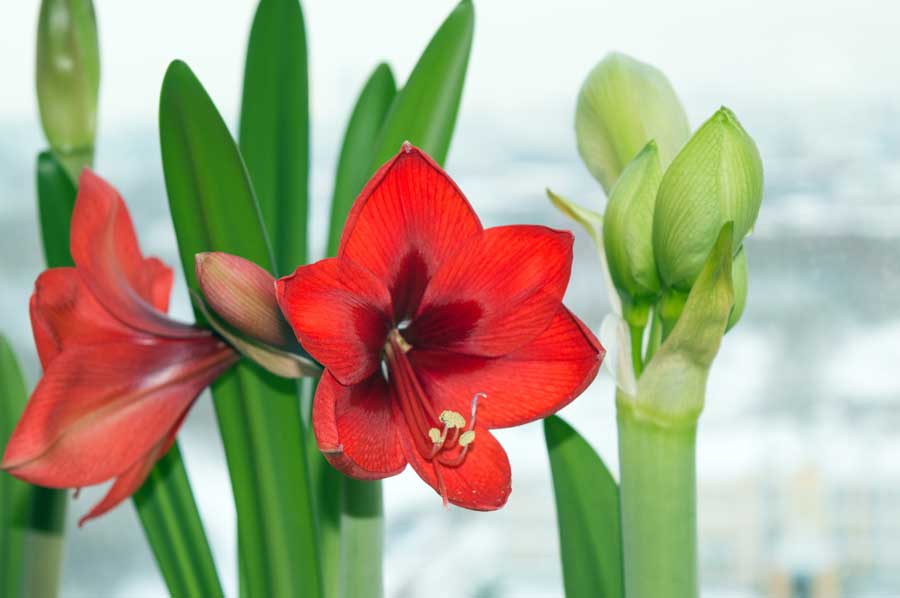
Amaryllis
Some plants can be persuaded to bloom by manipulating the amount of light they are allowed to receive or by timing their resting periods and amount of water they receive. Amaryllis, paperwhites, forced spring bulbs, and geraniums are great choices. If you are not home at Christmas, then time them to bloom in January or February or when you return.
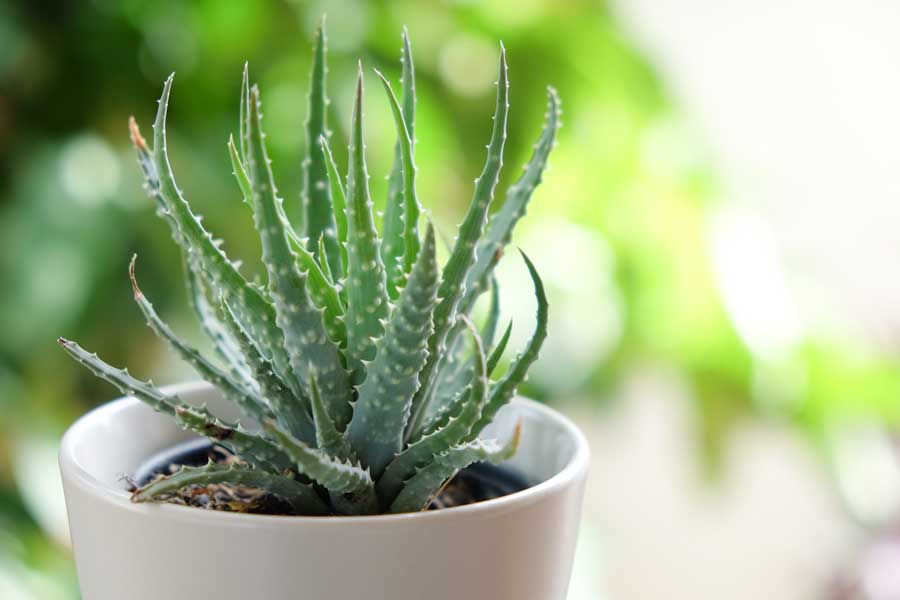
Aloe and Agave
Another possibility is to focus on plants that really like to be ignored. Many succulents and cacti prefer a dry cool period and can be left without care for several weeks or longer. Most plants of this type are native to areas with prolonged dry periods and thrive when their owners return and begin to water once a week. As the days lengthen, mammallaria, rebutia and gymnocalycium varieties will burst into bloom and might repeat this scenario more than once a year. Look for interesting shaped cactus like the Astrophytum myriostigma (Star cactus) or A. ornatum. Euphorbia family members like Crown of Thorns (E. spendens) or desert species like E. lactea or E. obesa can completely defoliate during dry (rest) spells and repeatedly grow leaves and bloom. Other succulents of interest are aeoniums that look like colored saucers of overlapping leaves or rosettes. The aloe and agave families give us a wonderful array of sturdy houseplants in green and variegated varieties. The crassula family has many interesting varieties in addition to the resilient Jade plant (C.argentea). A hybrid called 'Fingers' and variegated types can be the start of a collection of crassulas.
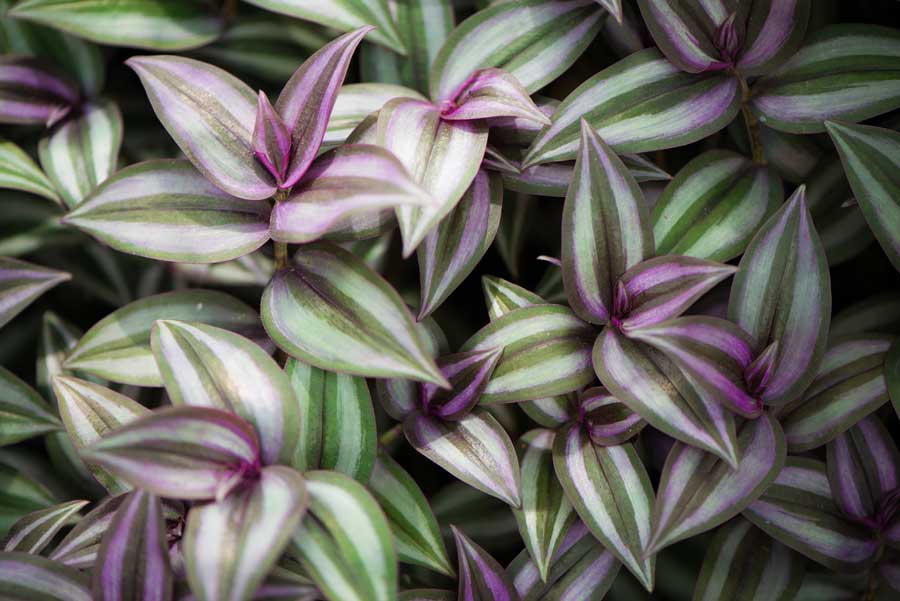
Water Garden Plants
If minimal plant sitting is available, you might think about a water garden. All the caretaker has to do is top up the water container. That could be plastic storage containers without lids for community gardens or deep pot saucers for individual water lovers. Plants which love wet or damp roots are acorus, philodendrons, aglaonema (Chinese evergreen), scindapsus (pothos), trandescantia (wandering jew), cyperus varieties (umbrella & papyrus) and colocasia (taro). You can try cissus varieties like grape ivy or coleus cuttings. With the popularity of outdoor water features, other candidates can be found.
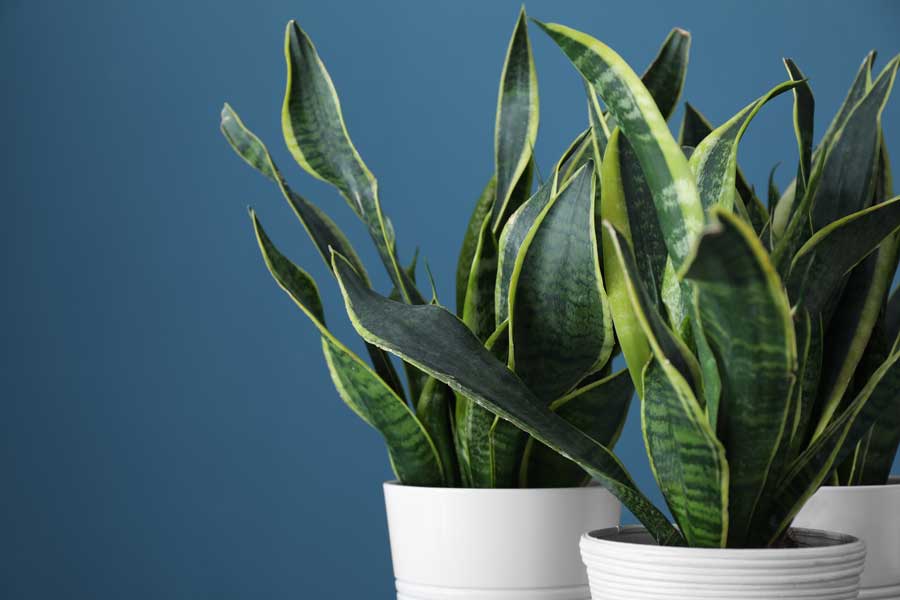
Tough Plants
Another group of houseplants to consider is tough plants from Victorian times like the Cast-iron plant (aspidistra) and sansavarias. They manage in dark, cool quarters and sansavarias have been hybridized to many leaf coloration in addition to the low squat as well as the long foliage type. If you are gone all winter, maybe the best choices are winter sleeping plants. These plants are happy with a rest in a cool dark basement for the winter. Agapanthus umbrellatus and achimedes spring into action with a bit of water when you return and move them to a warm sunny window. Summer flowering bulbs will behave the same way. While giving these bulbs a headstart, we can enjoy the foliage and possibly early bloom of tuberous begonias, cannas, clivias, oxalis, callas and many amaryllis family members like Eucharis grandiflora and like tropicals.
Success with houseplants depends on choices. Hopefully this will help you find a plant that does well with your care schedule, then maybe you can acquire a collection of members of that plant family. Many flower shows have classes for collections and/or displays and it would be a great way to share your experience and success with your gardening friends.
- Judy Ziemba
You might enjoy learning about Winter Pruning or Why Prune.
Want to learn more about landscape design & installation faq?
Let our experienced team assist you with your holiday decorating and create a custom look for your home and landscape.
Call Breezy Hill Nursery at 262-537-2111.
NOTE: Any of our sales associates here at Breezy Hill Nursery would be happy to answer your questions about planting and caring for your tree. Call us at (262) 537-2111.
Do you have Gardening questions? Please call or stop by our garden center.
You might also enjoy this post about common landscaping questions or this post about Cut Flower Gardening.
Stop by our Garden Center and see our Beautiful Trees and Holiday Decor
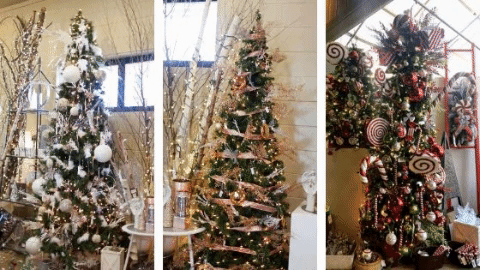
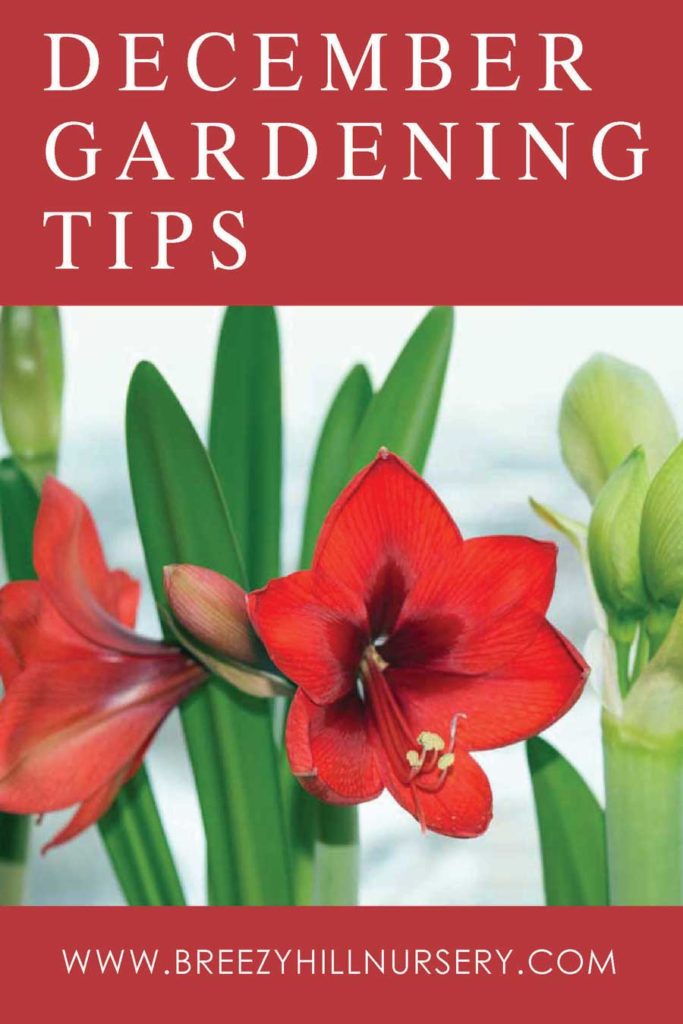

Comments are closed.